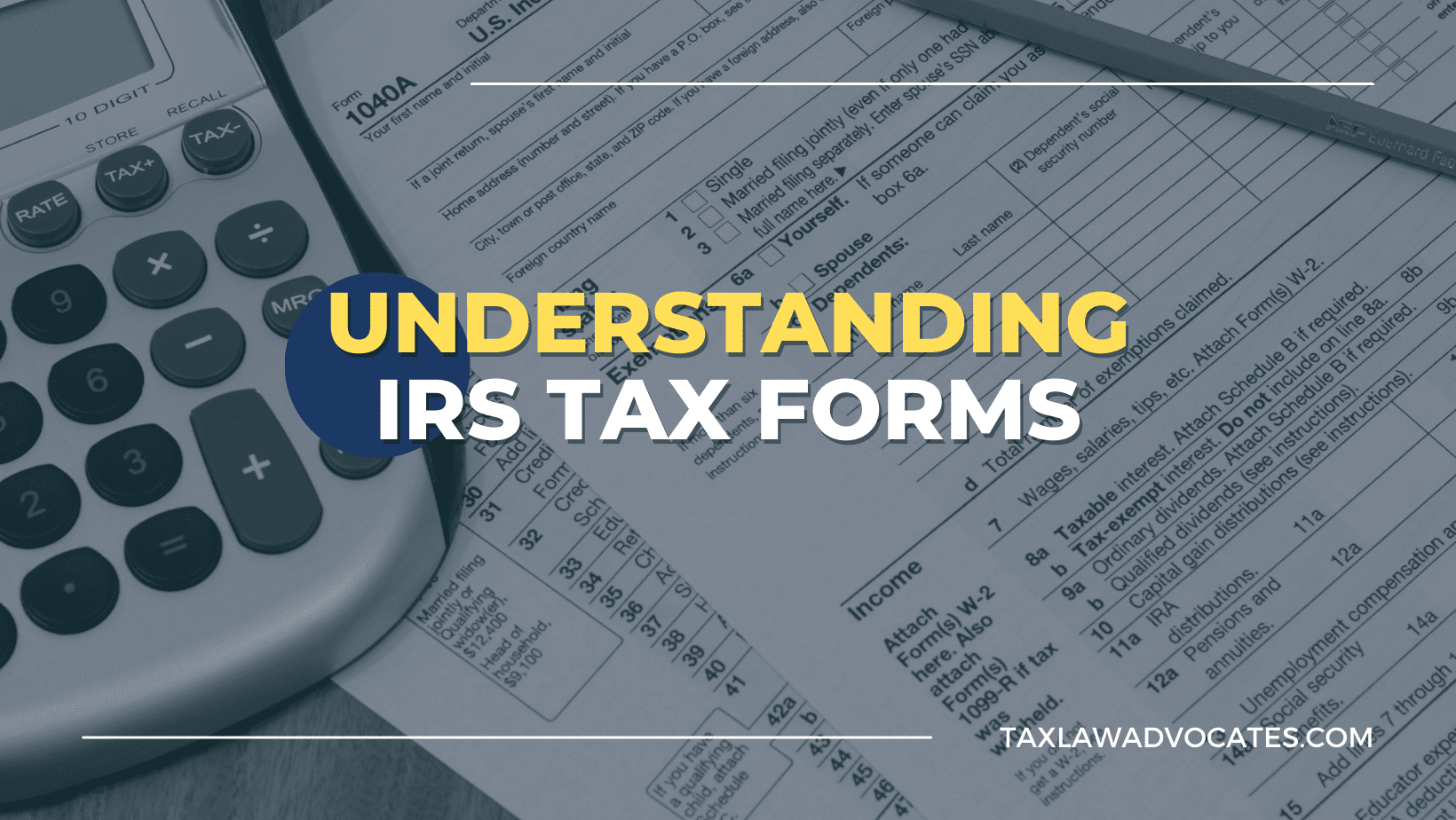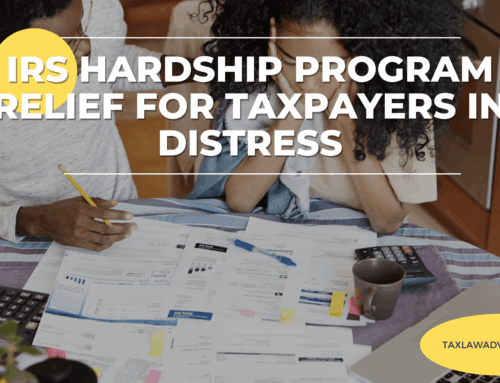If you owe taxes to the IRS and have not paid the full amount due by the tax deadline, you may be subject to penalties and interest charges. However, if you meet certain criteria, you may be able to avoid or reduce these penalties by filing IRS Form 2210, also known as the “Underpayment of Estimated Tax by Individuals, Estates, and Trusts.” In this article, we will discuss who needs to file Form 2210, how to fill it out, where to submit it, and answer some common questions related to this form.
Who Needs to File Form 2210?
If you did not pay enough tax throughout the year or did not have enough tax withheld from your income, you may need to file Form 2210 to calculate and pay any penalty for underpayment of estimated tax. The underpayment penalty generally applies if you did not pay at least 90% of your total tax liability for the current year or 100% of the prior year’s tax liability, whichever is less.
How to Fill Out Form 2210?
To fill out Form 2210, you will need to provide your name, address, and Social Security number or taxpayer identification number. You will also need to provide information about your tax liability for the year, including any estimated tax payments you made and any tax withheld from your income.
The form provides instructions on how to calculate the penalty for underpayment of estimated tax, and includes worksheets to help you determine the amount of penalty owed. If you meet certain criteria, such as being a farmer or fisherman or having a change in income or deductions, you may be eligible for special rules that can reduce or eliminate the penalty.
Where to Submit Form 2210?
Form 2210 should be submitted with your tax return by the due date of your return, including extensions. If you are filing Form 2210 separately from your tax return, it should be submitted by the due date of the return, without extensions. The mailing address for Form 2210 is provided in the instructions for the form.
Common Questions About Form 2210
What is the underpayment penalty?
The underpayment penalty is a penalty assessed by the IRS if you did not pay enough tax throughout the year or did not have enough tax withheld from your income. The penalty is based on the amount of underpayment and the time period during which the underpayment occurred.
Can I avoid or reduce the underpayment penalty?
You may be able to avoid or reduce the underpayment penalty by meeting certain criteria, such as being a farmer or fisherman, having a change in income or deductions, or paying the full amount of tax owed by the tax deadline. If you are unsure whether you qualify for any of these special rules, consult with a tax professional.
Do I need to file Form 2210 if I am due a refund?
No, you do not need to file Form 2210 if you are due a refund. The penalty for underpayment of estimated tax only applies if you owe taxes to the IRS.
What happens if I don’t file Form 2210?
If you are subject to the underpayment penalty and do not file Form 2210, the IRS will calculate the penalty and notify you of the amount owed. The penalty will accrue interest until it is paid in full.
Consult A Professional With Questions
In conclusion, IRS Form 2210 is an important form for individuals and businesses who owe taxes to the IRS and have not paid the full amount due by the tax deadline. By filing Form 2210, you may be able to avoid or reduce penalties and interest charges for underpayment of estimated tax. It is important to accurately calculate and report your tax liability for the year, including any estimated tax payments made and any tax withheld from your income.
If you have questions about Form 2210 or your tax liability, it is best to consult with a tax professional or qualified accountant. They can provide personalized advice and guidance based on your specific situation, and help you navigate the often complex and confusing world of taxes and the IRS.
Note that the information in this article is intended for general informational purposes only and should not be construed as tax or legal advice. Each situation is unique, and it is recommended that you consult with a qualified tax professional or attorney to obtain specific advice for your situation.
Tackling IRS tax debt can be a difficult and stressful process. At Tax Law Advocates, our experienced team of federally licensed enrolled agents, tax attorneys, and accountants are here to help. With over two decades of experience, we provide excellent representation, honest communication, and a commitment to excellence. Our firm has an A+ accreditation from the Better Business Bureau and an AAA rating from the Business Consumer Alliance. If you owe $10,000 or more in IRS tax debt or need assistance with tax-related questions, call Tax Law Advocates at 855-612-7777 to schedule a consultation. Don’t let tax troubles consume your time and energy, let us help you find the resolution you need.






